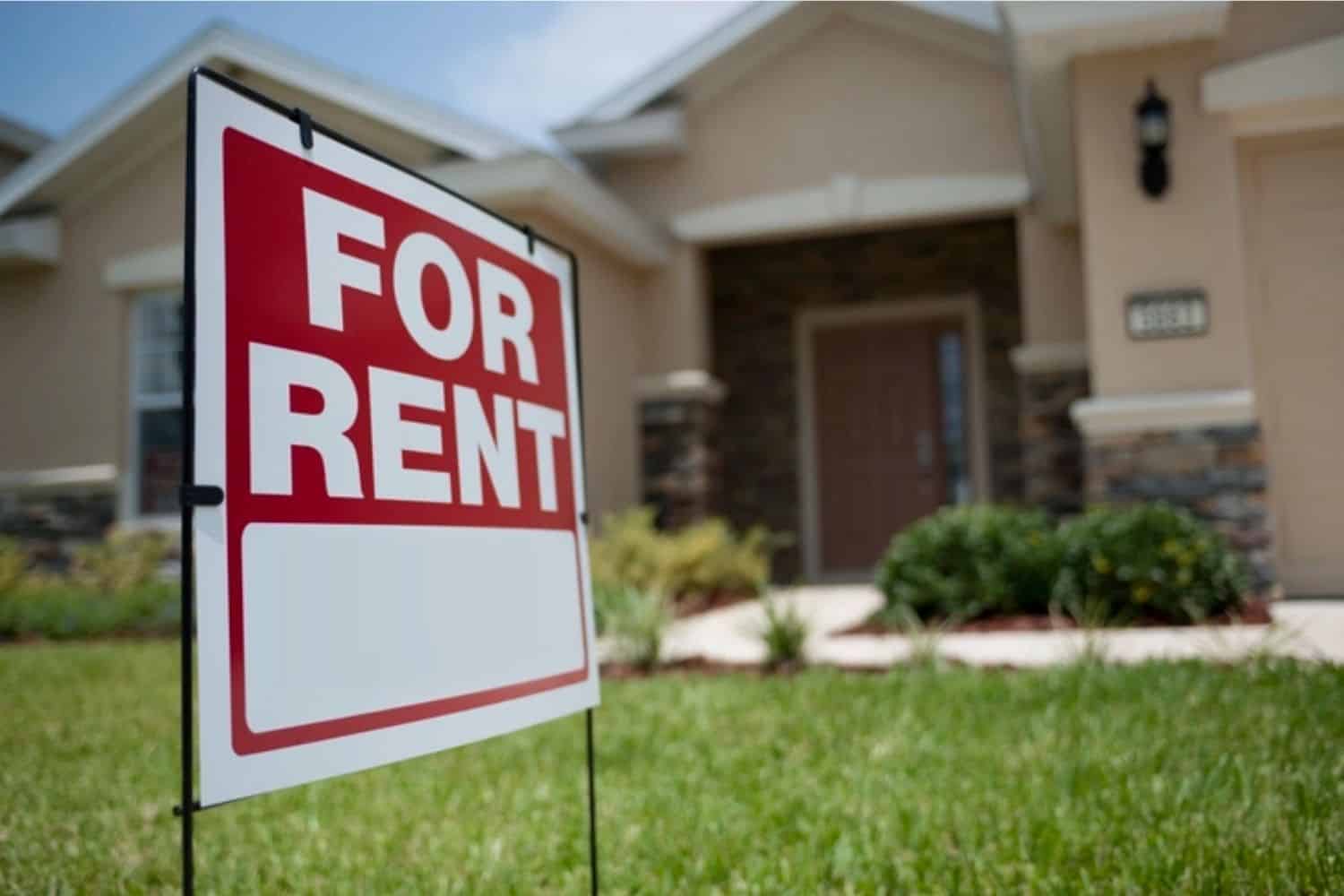Conditions are likely to get worse before they get better, says Johette Smuts.

Image: iStock
The post-pandemic rental growth recovery came to an abrupt end in the first quarter of 2024, with national growth falling to 3.8% from 4.6% in the previous quarter, according to the latest quarterly PayProp Rental Index. This is the largest slump in rental growth rates since the pandemic.
It appears that sustained high interest rates – with prime at 11.75% since May 2023 – were the primary cause of the slump, as rental affordability has become a feature of the market.
Conditions are likely to get worse before they get better, says Johette Smuts, head of data analytics at PayProp, as prospects for a rate cut later in the year are now receding.
ALSO READ: Why Gauteng rental market is not as robust as in Western Cape
Prime lending rates are now at a 15-year high, and this has taken its toll not just on the rental market, but on the volume of new home buyers – many of whom appear to be waiting for an interest rate drop before buying.
The 3.8% increase in Q1 2024 rental growth is the lowest since Q4 2022. The average rent in South Africa stood at R8 654 in Q1, R301 more than a year earlier.
“Falling tenant affordability could be part of the issue,” says the latest PayProp Rental Index.
“Central banks around the world, including the SA Reserve Bank (Sarb), have struggled to rein in inflation. In South Africa, the Consumer Price Index shows inflation within the 3-6% target range, but remains stubbornly at the top end despite a prolonged period of high interest rates. It has also consistently outpaced rental growth.”
National rental growth, quarterly trends

Another noteworthy trend is the rise in rental arrears, which increased to 18.3% in Q1 2024 from 17% in the previous quarter.
Consumer inflation at 5.3% in Q1 is still above the 3.8% growth in rentals, a situation that has remained consistent for several years. This reduces returns for property owners as well as rental agents, whose costs are increasing faster than their income.
ALSO READ: Nearly one in five tenants behind in rentals
“Rental agents have dealt with much lower rental growth in recent years,” says Smuts. “The quarterly rent inflation figure of 3.8% is below that of any comparable period last year, but higher than at any time during 2021 or 2022. The same resilience that served rental agencies well during the pandemic will help them through the challenges of today.”
The dilemma for the Sarb is whether to cut interest rates to make borrowing cheaper and stimulate economic growth at the risk of unleashing further inflationary pressures.
Mixed performance at provincial level
The national rental market may be under pressure, but some provinces are doing better than others.
ALSO READ: Load shedding a key to Joburg rental boom
Rents grew by 9.1% in the Free State year on year, the second fastest of any province. This was higher than the 8.8% of Q4 2023, making it one of just two provinces with accelerating rental growth, says Smuts.
This is all the more surprising since the Free State consistently recorded below average growth until the end of 2023.
KwaZulu-Natal set an unenviable record in Q1 2024, becoming the first province to experience negative rental growth since the Free State in Q1 2023. Rents shrank by 0.4%, going from a quarterly average of R8 801 in Q1 2023 to R8 770 in Q1 2024.
The Western Cape recorded below-average rental growth for most of 2023, but in Q1 2024 rents grew 4.3% year on year – above the national average of 3.8%.
ALSO READ: Won’t buy or sell until the elections?- Polls impacting the property market
Gauteng’s rental growth of 3.5% was slightly below the national average. The average rent in Gauteng was R8 943 in Q1, and if rental growth can be sustained in the country’s economic powerhouse this year, it could soon be the third province to pass an average rent of R9 000, adds Smuts.
Increasing arrears
The increase in rental arrears to 18.3% in Q1 2024 from 17% in Q4 2023 has undone virtually all of the progress made over the previous year.
ALSO READ: How the residential property market is impacting middle-class families
This could be due to tenants overspending during the December holidays, though Smuts points out that the increase in arrears was higher than that recorded in the same quarter in 2023.
The Free State, previously the province with the highest rental arrears, surrendered that title to North West – where 25.7% of tenants now owe rent, as opposed to 22.8% in Q1 2023.
Some 22% of Free State tenants owe rent, compared to 26.7% a year earlier, a noticeable improvement.
The other big rises took place in Mpumalanga (from 18.1% to 19.3%) and KwaZulu-Natal (20.4% to 21.4%).
This article was republished from Moneyweb. Read the original here
Download our app




